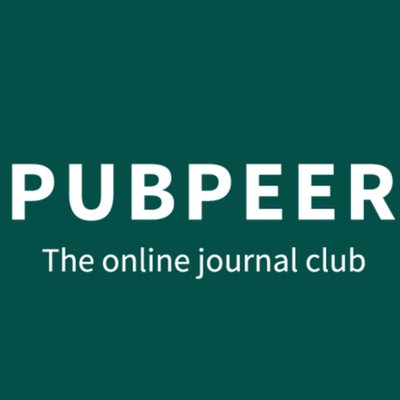Kashif Barkat, who heads the Department of Pharmacy at the University of Lahore in Punjab, Pakistan, has had two of his studies retracted and two more corrected, all for issues related to images in the papers. Several more of his studies are flagged on PubPeer for similar reasons.
According to the retraction notice for one of the retracted articles, which appeared in Polymer Bulletin in 2020, Barkat does not agree with the journal’s decision to pull the paper.
The paper, “Understanding mechanical characteristics of pH-responsive PEG 4000-based polymeric network for colorectal carcinoma: its acute oral toxicity study,” has been cited three times so far, according to Clarivate’s Web of Science.
The retraction note, issued in June, reads:
Continue reading Pakistan university’s pharmacy department chair notches two retractions







